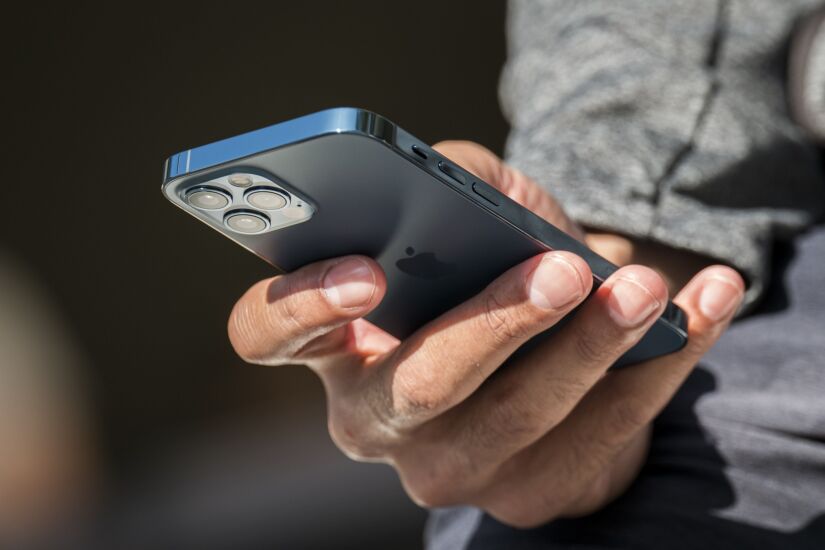A Lloyds Bank study finds that the number of crytpo scams rose by 23% year-over-year in October, with two thirds of those scams originating on social networks. Separately, the Commonwealth Bank of Australia is using artificial intelligence to detect abusive language in transaction messaging, and is offering this tech to other banks.
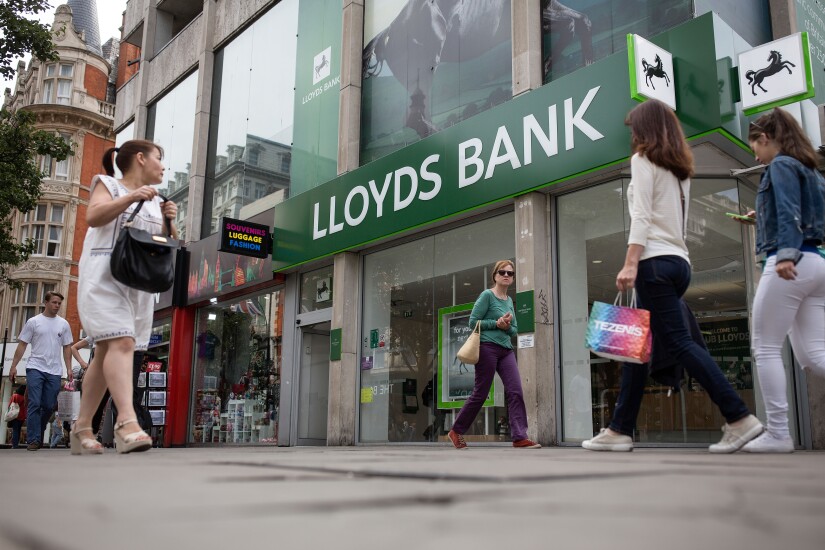
Lloyds sounds a crypto scam alarm
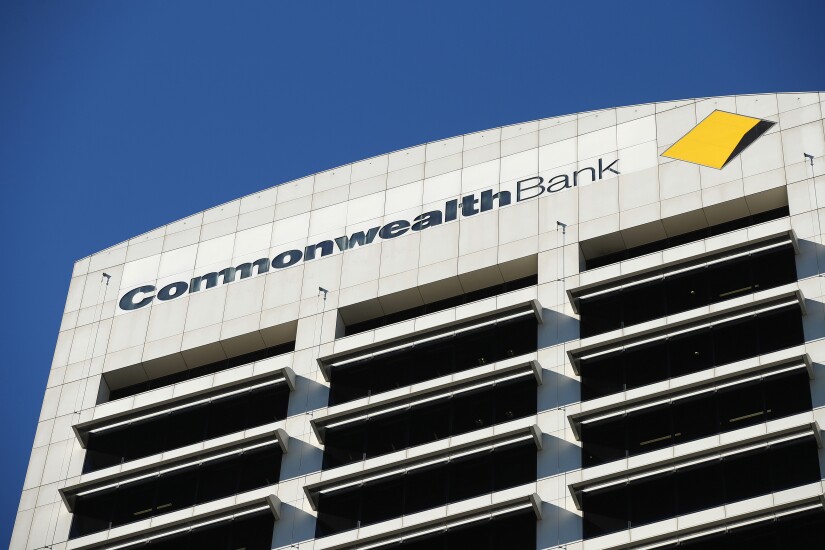
CBA offers free 'abusive language' fighting tech
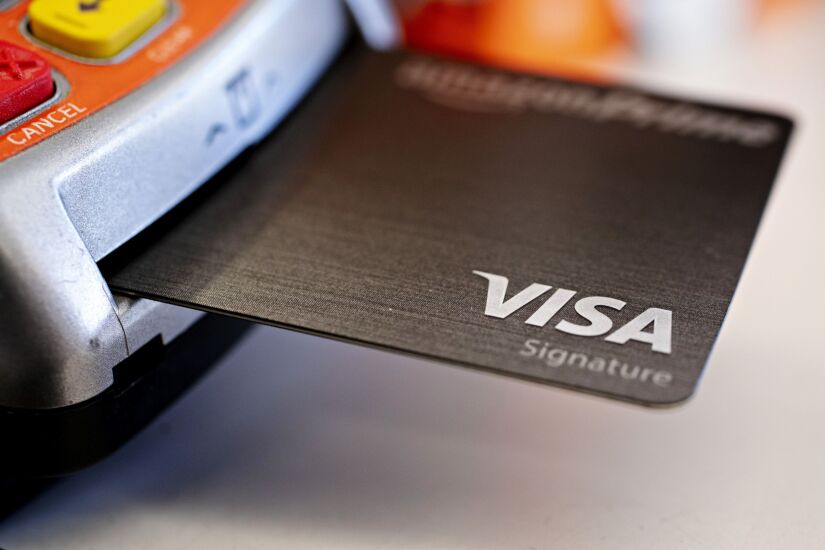
Visa expands 'ID for life' service
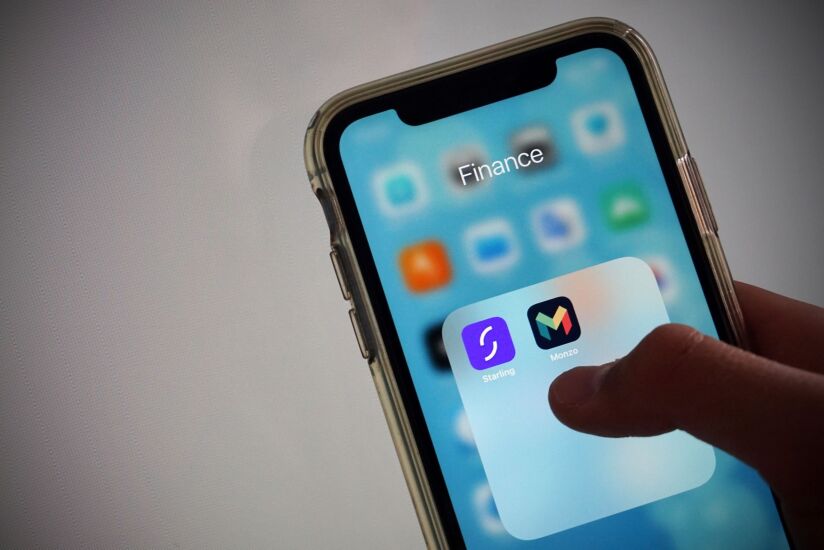
Monzo adds cash back incentive
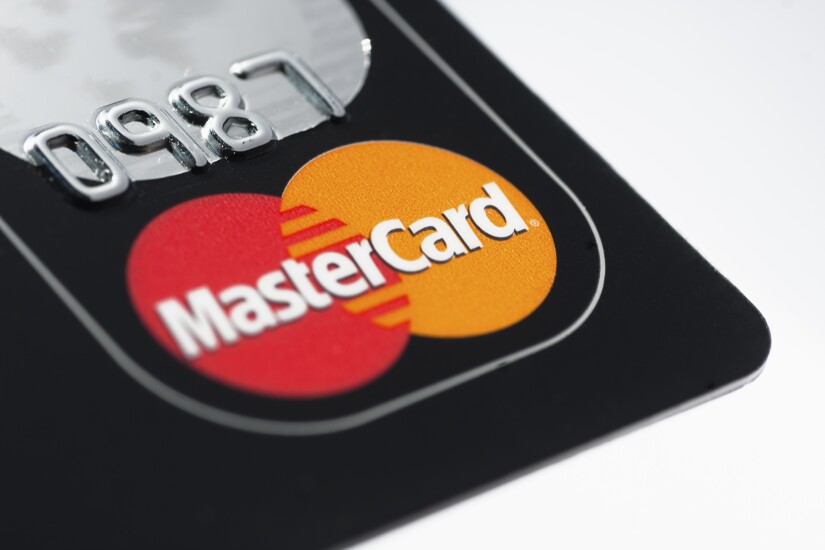
Mastercard signs cyber partner in Saudi Arabia
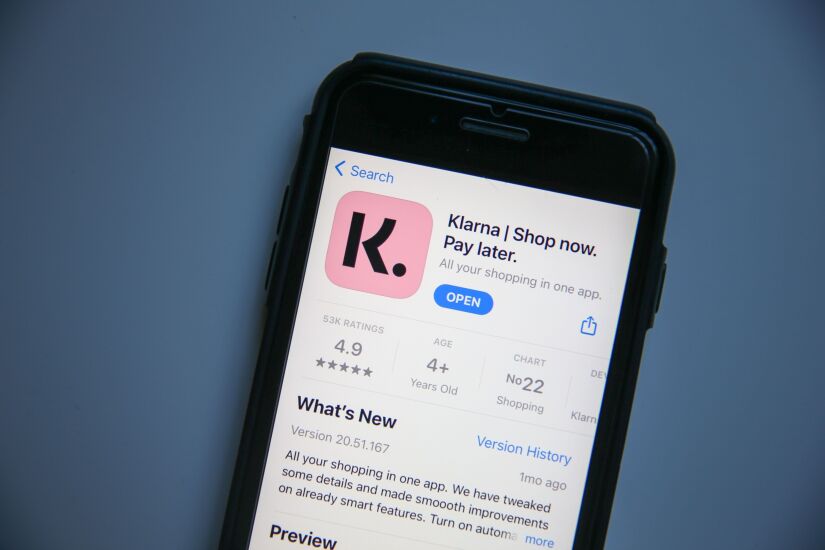
Klarna expands access to advertising tools
